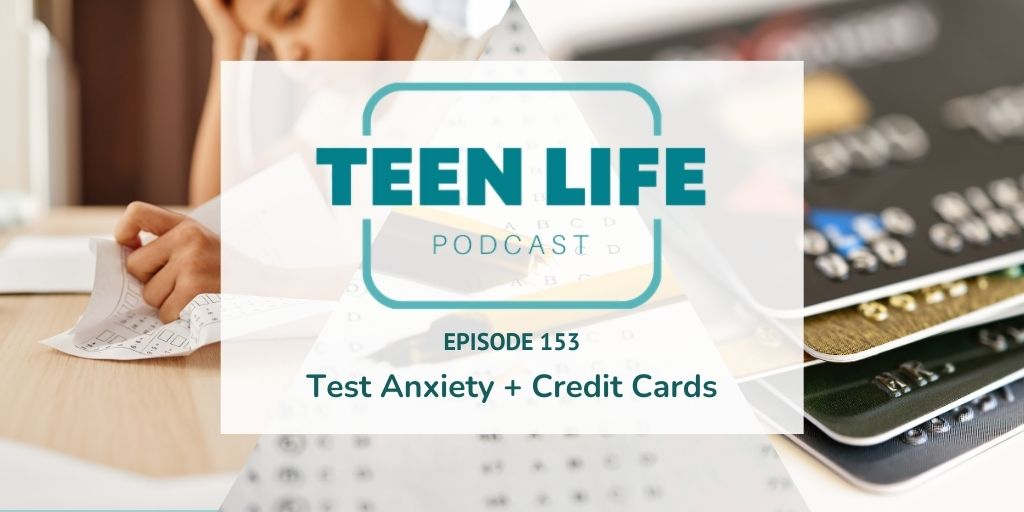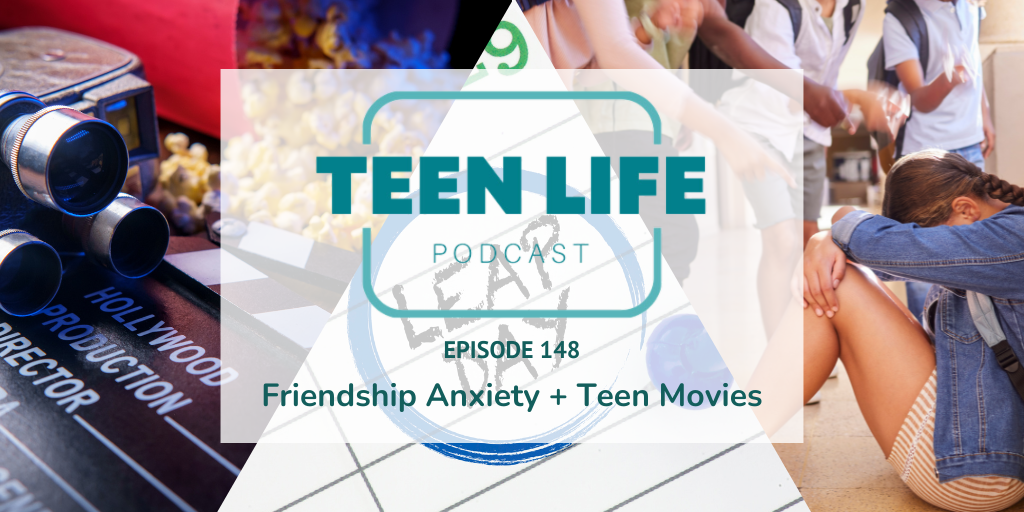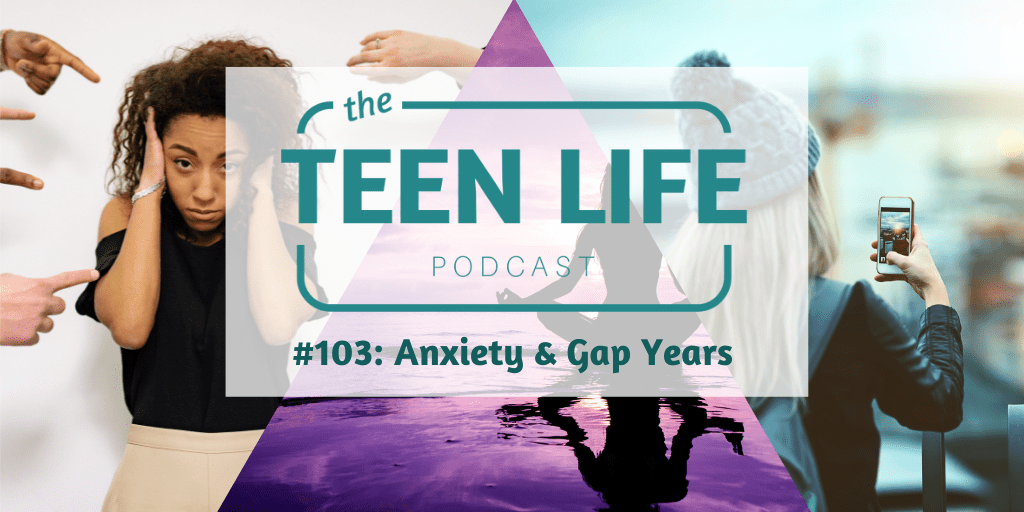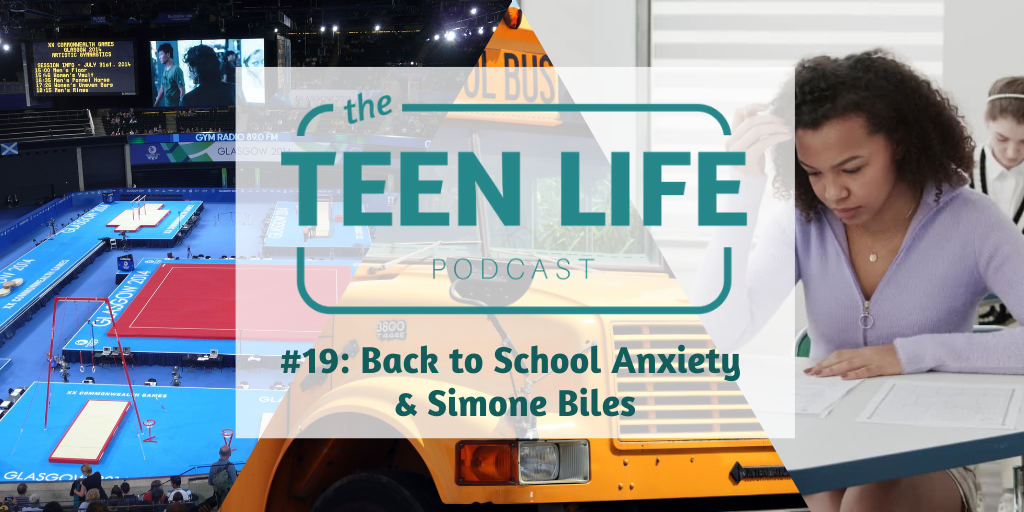Podcast: Play in new window | Download
Teaching Financial Literacy
Helping teens understand how credit cards work.
We want to equip our teens with the knowledge and skills they need to navigate the complexities of the adult world. One crucial area often overlooked in these conversations is financial literacy, specifically understanding how credit cards work.
Have you talked with your teen about credit cards?
It’s surprising how many teens lack a fundamental understanding of credit cards and how they can work for them (or against them). Recently on TikTok, a teen asked why she had to pay for something twice when using a credit card. This video highlights a widespread misunderstanding among young people about the concept of credit and repayment.
As parents and mentors, it’s crucial to initiate conversations with teens about credit cards well before they can apply for one. We need to explain how credit cards function, the importance of responsible spending, and the potential consequences of misusing credit.
Why are credit cards useful?
While credit cards can pose risks if mishandled, they also offer several benefits when used responsibly. Teaching teens about these advantages can help them make informed decisions about their finances in the future.
Credit cards can be helpful for:
- Building Credit: Responsible credit card usage can establish a positive credit history, which is essential for future financial endeavors like buying a car or a home.
- Convenience: Credit cards offer a convenient and secure way to make purchases, especially online or when traveling. They eliminate the need to carry large sums of cash.
- Protection Against Fraud: Unlike debit cards, credit cards offer more robust fraud protection. If a credit card is compromised, the cardholder is typically not liable for unauthorized charges.
What are some safe options for teens?
When it comes to providing teens with access to financial tools like credit cards, safety is paramount. Fortunately, there are several options specifically for young people that come with parental controls and guidance.
There are more, but these are our top picks:
- Greenlight: Greenlight is a trusted banking app and debit card designed for kids and teens. Parents can set flexible controls and receive real-time notifications of their children’s spending activity. Even with monthly fees starting at $4.99, the peace of mind and educational value it provides may outweigh the cost.
- Modak: Modak offers a Visa card and a checking account for teens with no fees. Additionally, teens can be authorized users on their guardian’s credit card, allowing them to build credit responsibly under parental supervision.
- Petal Card: Petal Card offers a safe and responsible way for teens to begin building their credit history. With no fees and transparent terms, Petal Card encourages responsible spending habits.
Talking with teens about credit can get them started on the right foot.
As parents and mentors, it’s essential to approach conversations about credit cards and financial responsibility with patience and empathy. Encourage teens to ask questions, express their concerns, and share their goals regarding money management.
Emphasize the importance of paying bills on time and in full, as well as the potential pitfalls of opening multiple credit cards.
By equipping teens with the knowledge and skills to navigate the world of credit responsibly, we empower them to make sound financial decisions that will serve them well into adulthood.
Start the conversation today and help set your teen on the path to financial success.
Also in this episode:
- What is text anxiety; who is most susceptible; what are the symptoms; and how can we help?
- How comment culture affects teens and why it matters.
In this episode, we mentioned or used the following resources about credit cards and test anxiety.
- TikTok: Teen + Credit
- Greenlight
- Modak
- Petal Card
- Nemours TeenHealth: Test Anxiety
- VeryWell Mind: What Is Test Anxiety?
- Mayo Clinic: Test anxiety: Can it be treated?
- Teen Life Podcast: Turning 18 | Girl Math | Friendship Anxiety | Anxiety | Back to School Anxiety
- Podcast music by Luke Cabrera & Tobin Hodges
More Resources You Might Like
Have a question?
If you have a question about something you heard or just want to give us some feedback, please leave us a comment below. We would love to hear from you!

Karlie Duke
Communications Director

Tobin Hodges
Program Director

Caleb Hatchett
Podcast Host
Tobin Hodges | Program Director
Tobin’s entire career has been centered around students and teens from all walks of life. He has a passion for helping teens be their best selves. As Program Director, he loves working directly with school staff and students through Teen Life Support Groups. Tobin has a Bachelor’s Degree in Music from Texas Tech University.
Caleb Hatchett | Podcast Co-Host
Caleb loves helping teenagers take ownership of their faith and relationships. He graduated from Abilene Christian University with a degree in Youth and Family Ministry and is currently Student Ministry Director at Jenks Church in Oklahoma.
Karlie Duke | Director of Communications
Karlie has always had a heart for teenagers. Through her role at Teen Life, she loves to showcase the amazing stories coming out of Support Groups, but she is especially passionate about helping adults and teenagers find connection. Karlie has a BS in Communications with a minor in Family Studies from Abilene Christian University.












